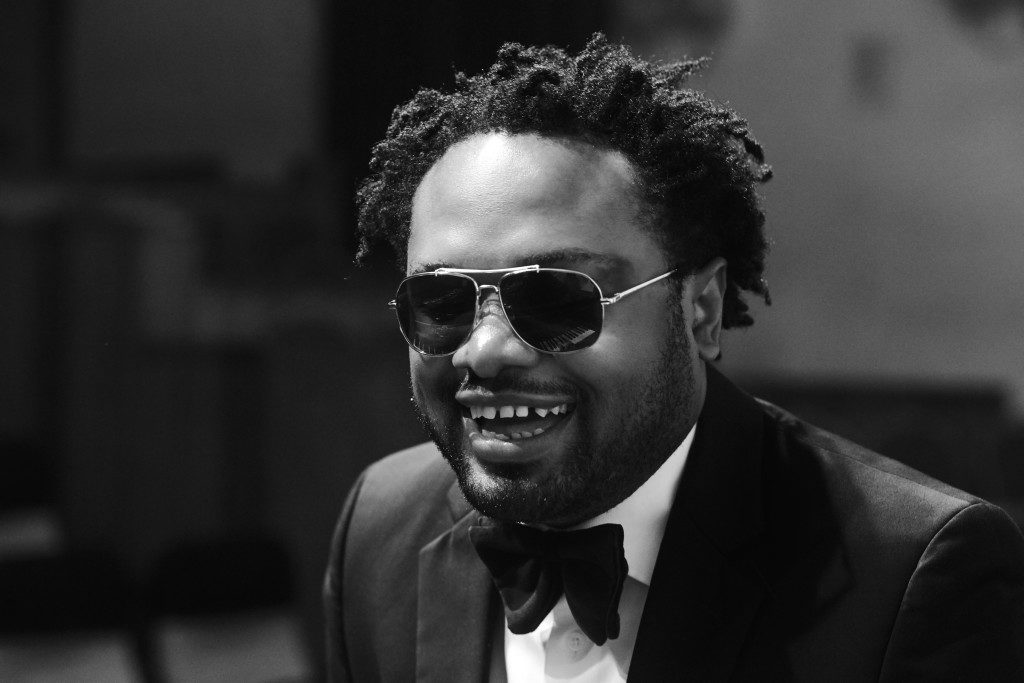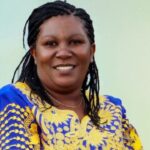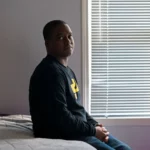We all have things we dislike about our bodies, but how often do those things we dislike make us famous?
Nigerian music icon, Cobhams Asuquo has hated his voice ever since he discovered it was his but someway somehow, it is this voice that has made him who he is today – signing ambassadorial deals and seeking to make an impact in society.
Cobham has worked with the crème de la crème of Nigerian music from the likes of Asa, Banky W, Omawumi, Eldee, Sasha, Dare Art-Alade, Waje, Timi Dakolo, Djinne, Faze, Seyi Shay, Korede Bello, Tiwa Savage, Ego, Yemi Alade, Bez, Omolara, Chidinma Ekile, Shola Allyson, Lara George, Ego, Silver Saddih, Flavour, Mo’Chedda, Praiz, Simi, Rooftop MC’s and so many others and is most popular for his work on Asa’s 2007 album ASA, which he produced.
He released his first official single “Ordinary People” on January 1, 2014, and released the video the following January. His latest single is “We Plenti” featuring Simi, released on January 6, 2019.
Childhood
Born on January 6, 1981, Asuquo recalls having had a very challenging childhood due to his blindness. He credits his tenacity and high aims to the love his parents constantly showered him. “I am who I am because of the kind of love I was shown by my family. Even though at times they did not know how to navigate the “unfamiliar terrains of raising a blind child, I feel like they did all they knew to do at the time”, he says. Cobhams could not attend school until the age of 10 due to his blindness but according to him, his parents made a conscious effort to teach him that, being blind was just a descriptive adjective and nothing more.
Asuquo learnt to play the piano by ear on a little toy instrument at a young age. A friend gave him his sister’s toy piano and warned him never to allow his sister to hear the sound of the piano. This meant he could not play it outside.
Finding Music
Cobhams countenance in describing his dislike for his voice is very telling. This discomfort with the tone of his voice is what drove him to the back end of music. For the first 13 years of his career, Asuquo was a producer to some of Africa’s biggest stars.
At 4,1 has worked with a string of Afro music stars. As for his own music, which is a mix of soul, gospel, RnB and Afropop, his hit tracks include singles like We Plenti, One Hit and Ordinary People.
In speaking about his voice, Cobham says, “There was something about it that just didn’t sit well with me,” and even goes on to use the word ‘hate’ to further describe it.
His best friend, Muyiwa Oyinlola, concurs with Cobhams’ dislike for his voice saying, “He has always said that,” but added that Asuquo has always had an uncanny ability to imitate other people’s voices.
During their time in Lagos’ prestigious King’s College, Muyiwa recalls Cobham had a radio recorder to help him in classes. “He would just have a mess around and imitate all the teachers and all the housemasters,” Muyiwa said.
Asuquo is set to release a new album later this year after 20 years in the industry. Nearly all his songs to date are soul music, however, the new album will feature Afrobeats stars like Ladipoe and Bella Shmurda, and will be accompanied by more performances, which Cobhams describes as “a lot more high-energy” and full of dancing.
According to the artiste, he eventually got into singing when he realised there were things he could do with his voice that other people couldn’t.
As an entertainer, anyone would expect that getting on stage for performances would come naturally to the blind artist, but this is not the case with Cobhams. “I get stage fright all the time. I’ve never gone on stage without being nervous. Never,” he says, with a note of humour.
According to him, each time he manages to go through a performance, he jokingly promises himself to never go through that torture, but the love for music has him coming back to deliver over and over again.
He sounds animated when explaining what he does to temper the jitters, including jumping on one spot and praying.
Upon the mention of prayer and faith, Asuquo expresses real passion. He describes an almost trance-like state when he actually starts the performance: “It’s hard to get me off the stage sometimes,” he says. “I’m in my zone.”
He describes himself as a deeply spiritual person and says conversations with God played a pivotal role in his decision to dedicate his life’s work to music, after trying law.
Don’t dwell on discrimination
Though in a much better place, Cobhams Asuquo has not had it easy growing up and even in the Nigerian music industry. Born blind, the producer and artist says he has faced discrimination from fellow artists and other industry players due to his inability.
He recalls an incident when one artiste did not want him to produce his music.”It was an A-list artist who is still very relevant today in the Nigerian music space. We had a session booked and he was supposed to come in with the rest of his band. The artist never showed. I was in the studio and waited for eight hours.”
Asuquo later found out the said musician was uncomfortable working with a blind producer on his band’s next single and hence ditched the record at the last minute.
“I more or less felt like it was his loss. I pretty much just moved on and that’s my general disposition.”
Even before Asuquo went into full-time music, he faced similar rejections due to his inability. He lost a scholarship to an American university after everything had been prepared for him because the school was not sure how he was going to cope. “The offer was withdrawn at the last minute,” Muyiwa disclosed. However, through it all Asuquo keeps positive energy and credits his positive attitude to his upbringing.
Making an Impact
Cobhams believes his background can help him in his quest to improve the fate of Nigeria’s children, saying music is “a very important tool for social change, for social justice, [and] for social re-engineering”.
These fond memories of a challenging childhood have driven him in his work as Nigeria’s first national Unicef ambassador in 15 years.
Any issues regarding children’s rights or disabled children’s rights are symptomatic of the country’s leadership problem, Asuquo says, bemoaning the dearth of “honest, responsible” leaders in the country.
Cobhams Emmanuel Asuquo has been married to Ojuolape Veronica Olukanni since On December 2, 2010 and they share two wonderful sons.


















